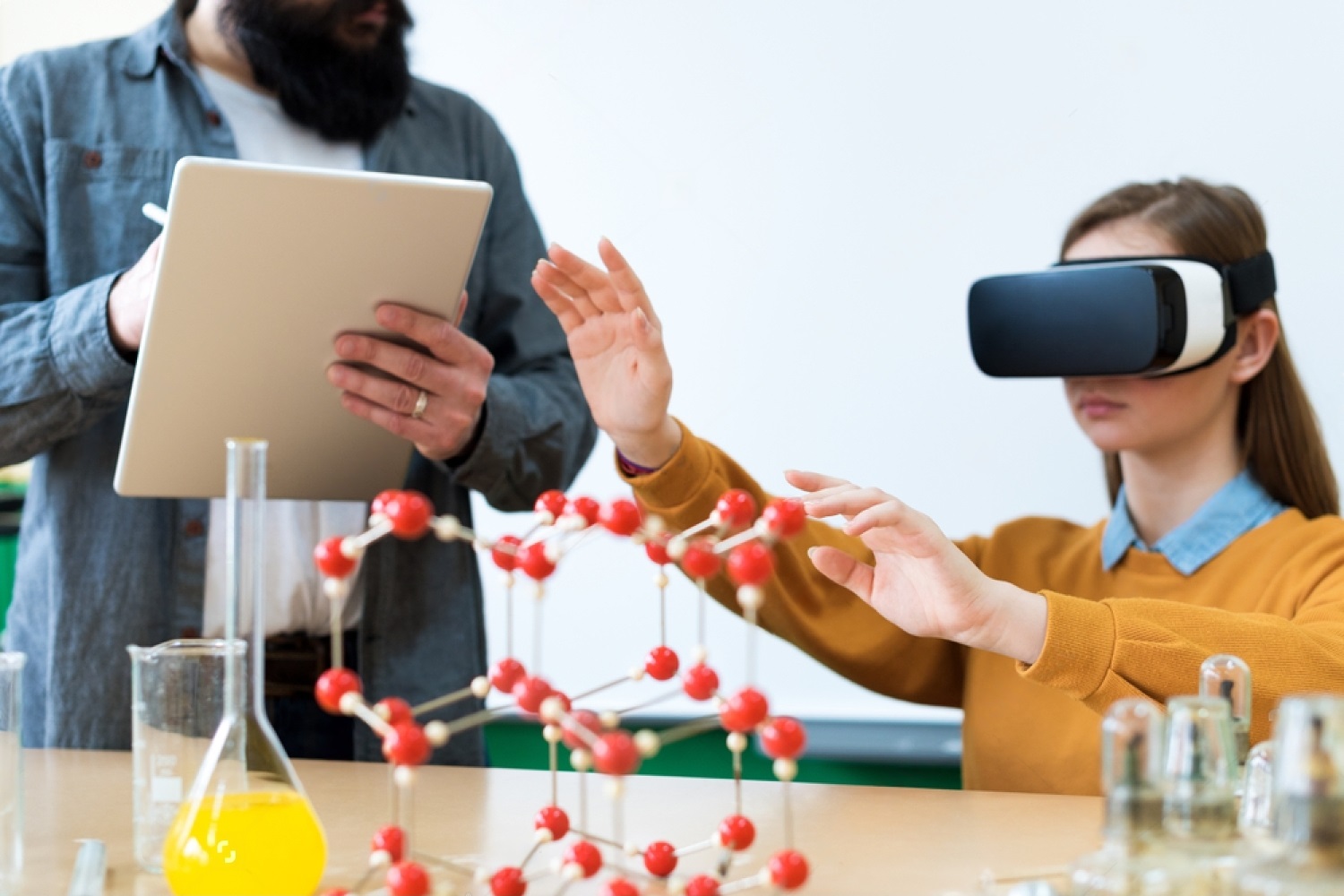Education plays a crucial role in shaping the future of society. As the world rapidly evolves, so do the methods of teaching and learning. In this blog, we will explore the latest innovative teaching methods that are revolutionizing education. By staying updated with these advancements, educators can provide a more engaging and effective learning experience for students.
I. Traditional Education Methods and Their Limitations:
For centuries, traditional education methods have been the backbone of our education systems. However, they often come with limitations. Lectures, textbooks, and rote memorization can be passive and fail to cater to the individual needs of students. Innovation is necessary to overcome these limitations and create a more dynamic learning environment.
II. The Rise of Technology in Education:
Technology has transformed numerous aspects of our lives, including education. The integration of technology in classrooms has opened up new possibilities for teaching and learning. Online learning platforms, educational games, virtual and augmented reality, and adaptive learning systems have made education more interactive, accessible, and personalized.
III. Student-Centered Approaches:
In recent years, there has been a shift from teacher-centered to student-centered learning. This approach places students at the center of the learning process, allowing them to actively engage and take ownership of their education. Project-based learning, flipped classrooms, collaborative learning, and personalized learning are innovative methods that promote active student participation and deeper understanding of concepts.
IV. Cultivating Critical Thinking and Problem-Solving Skills:
In today’s complex world, critical thinking and problem-solving skills are essential for success. Innovative teaching methods focus on developing these skills early on. Inquiry-based learning encourages students to ask questions, investigate, and find solutions independently. Design thinking encourages creative problem-solving and encourages students to think outside the box. Problem-based learning presents real-world challenges for students to solve, fostering critical thinking and teamwork.
V. Embracing Diversity and Inclusivity in Education:
Diversity and inclusivity are fundamental principles in education. Innovative teaching methods aim to create inclusive learning environments where every student feels valued and supported. Culturally responsive teaching acknowledges and incorporates students’ cultural backgrounds into the curriculum. Universal Design for Learning (UDL) ensures that teaching materials and methods accommodate diverse learning needs. Multilingual education recognizes the benefits of bilingualism and promotes language diversity.
VI. Assessment and Feedback in Innovative Teaching:
Assessment and feedback are essential for tracking student progress and guiding their learning journey. Innovative teaching methods have transformed traditional assessment approaches. Authentic assessment involves real-world tasks that demonstrate practical skills and knowledge. Competency-based assessment focuses on students’ mastery of specific competencies rather than grades. Formative assessment provides ongoing feedback and allows students to continuously improve their understanding.
VII. Overcoming Challenges and Implementing Innovations:
Implementing innovative teaching methods can come with challenges. Limited resources, resistance to change, and lack of training can hinder progress. However, strategies such as providing professional development opportunities, fostering collaboration among educators, and sharing success stories can help overcome these obstacles. By showcasing schools and institutions that have successfully embraced innovation, we can inspire others to follow suit.
Takeaway
Education is undergoing a remarkable transformation through innovative teaching methods. By embracing technology, adopting student-centered approaches, cultivating critical thinking skills, promoting diversity and inclusivity, and implementing effective assessment methods, educators can create engaging and impactful learning experiences. It is crucial for educators to stay updated with the latest advancements in education to prepare students for the evolving world they will enter. By embracing innovation, we can shape the future of education and empower the next generation.

